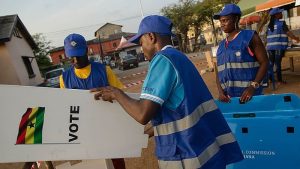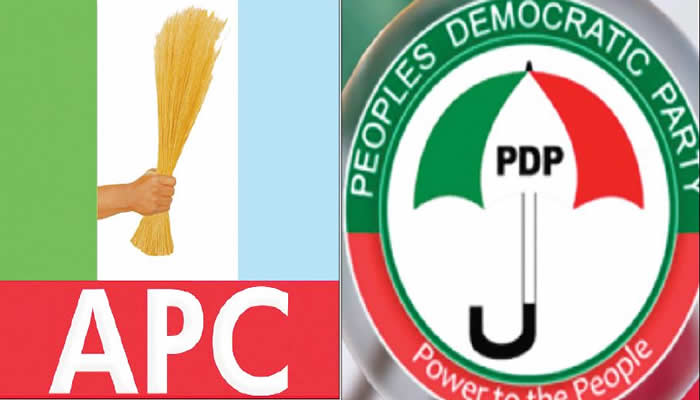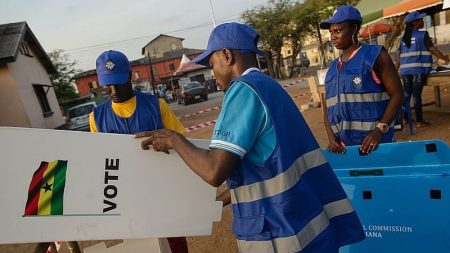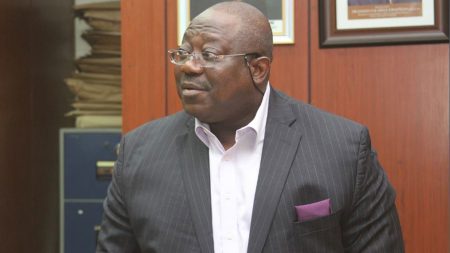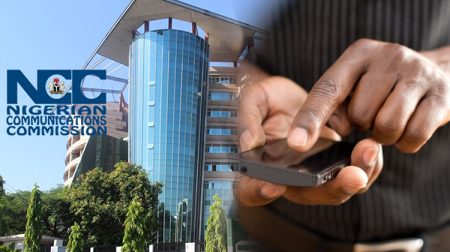The political landscape in Lagos State is charged with tension as the July 12 Local Government Elections draw near. Opposition parties are raising serious concerns about the candidate screening process conducted by the Lagos State Independent Electoral Commission (LASIEC). While the electoral guidelines stipulated a June 30 deadline for candidate validation, several opposition party candidates from the Peoples Democratic Party (PDP), Zenith Labour Party (ZLP), Young Progressives Party (YPP), and other parties found themselves still undergoing screening days after the stipulated date. This delay has sparked accusations of deliberate obstruction and an uneven playing field, with opposition leaders alleging collusion between LASIEC and the ruling All Progressives Congress (APC) to disenfranchise their candidates. With just seven days left for campaigning, the prolonged screening process has significantly hampered the opposition’s ability to connect with voters.
Opposition party representatives paint a picture of bureaucratic hurdles and unnecessary delays designed to frustrate their campaign efforts. Chief Sunday Olaifa, PDP Deputy Chairman (Lagos West), expressed alarm at the prolonged documentation process, observing that only opposition candidates appeared to face such difficulties. He stressed that while their candidates were trapped in administrative bottlenecks, APC candidates were free to campaign unhindered. This sentiment was echoed by other party leaders, who argued that LASIEC’s role should be to facilitate elections, not to create obstacles for legitimate candidates. The timing of these delays, so close to the election, is particularly concerning, as it deprives opposition candidates of valuable time to engage with voters and share their manifestos.
The specific requirements imposed by LASIEC have also drawn criticism. Alhaji Isiaka Shodiya, PDP Chairman in Alimosho LGA, pointed out that the demand for primary school leaving certificates contradicts the electoral guidelines, which stipulate a minimum of Senior Secondary School Certificate Examination (SSCE). He questioned the rationale behind requiring decades-old documents and argued that only a court of law, not LASIEC, has the authority to disqualify candidates. This adds another layer to the opposition’s claims of unfair treatment and undue interference in the electoral process. The extended wait and unclear requirements have left candidates like Adebayo Alade, PDP Chairmanship Candidate for Kosofe, stranded at LASIEC headquarters for days, unable to commence their campaigns effectively.
The complaints from opposition parties are not isolated incidents. Various party representatives from the ZLP and YPP echoed similar concerns about the convoluted and unnecessarily complicated screening process. Edide Yonwuren, ZLP Deputy State Chairman, and Honfovn Denagan, ZLP Chairmanship Candidate for Badagry, called on LASIEC to address the barriers hindering the timely screening of their candidates. Samad Okufuwa, Lagos Publicity Secretary of the YPP, emphasized the need for a smoother, less stressful validation process. The consistent narrative emerging from multiple opposition parties strengthens the perception of a deliberate attempt to stifle their participation in the elections.
In response to these allegations, Justice Bola Okikiolu-Ighile, the LASIEC Chairman, offered a different perspective. She stated that the screening process, which commenced on June 26, was in line with the established timetable and aimed to validate candidates’ credentials according to the Lagos State Independent Electoral Law, 2008 (as amended). She attributed the delays to incomplete documentation submitted by some candidates, who were subsequently advised to rectify the issues on July 2 and 3. Okikiolu-Ighile also cited disruptions caused by large crowds on June 30, which she claims led to a temporary suspension and postponement of the screening for other parties to July 1. She maintained LASIEC’s commitment to free, transparent, and credible elections.
However, the conflicting narratives presented by the opposition parties and LASIEC raise serious questions about the fairness and transparency of the electoral process. The opposition’s allegations of deliberate delays, discriminatory requirements, and collusion with the ruling party stand in stark contrast to LASIEC’s explanation of procedural adherence and candidate-specific issues. The fact remains that with the campaign period nearing its end, numerous opposition candidates remain entangled in the screening process, effectively hindering their ability to participate fully in the electoral process. This situation casts a shadow over the upcoming elections and calls for a thorough investigation into the concerns raised by the opposition to ensure a level playing field for all contenders. The tight timeframe remaining for campaigning, coupled with the ongoing delays, necessitates swift action to address these concerns and safeguard the integrity of the electoral exercise.
The controversy surrounding the candidate screening process underscores the fragility of democratic processes and the crucial role of electoral commissions in ensuring a fair and transparent electoral environment. The allegations of bias and obstruction, if left unaddressed, can erode public trust in the electoral system and undermine the legitimacy of the election outcome. It is imperative for LASIEC to take concrete steps to address the concerns raised by the opposition parties, streamline the screening process, and ensure that all candidates have an equal opportunity to compete in the upcoming elections. The credibility of the July 12 Local Government Elections hinges on the impartial and efficient conduct of the electoral body.


